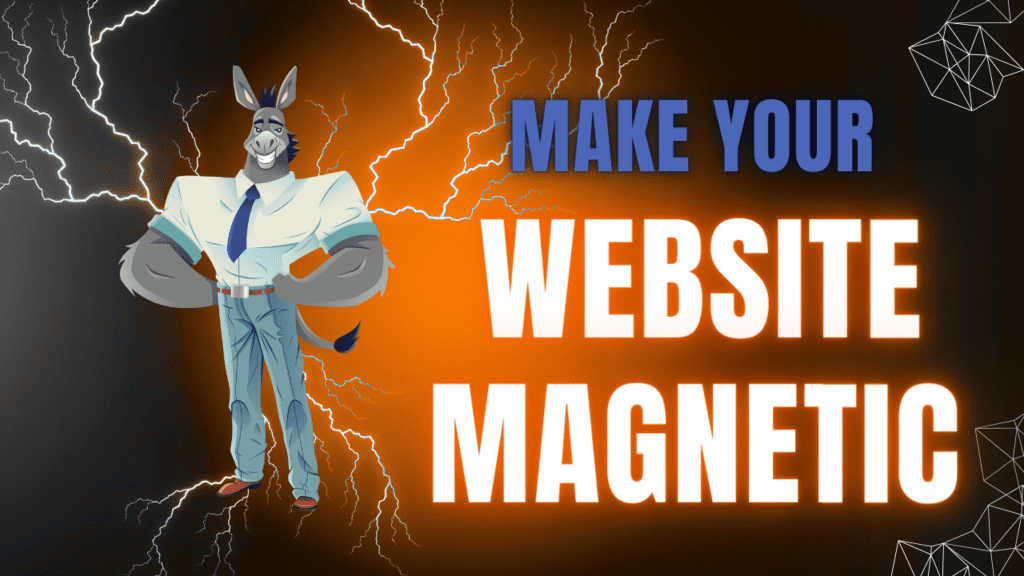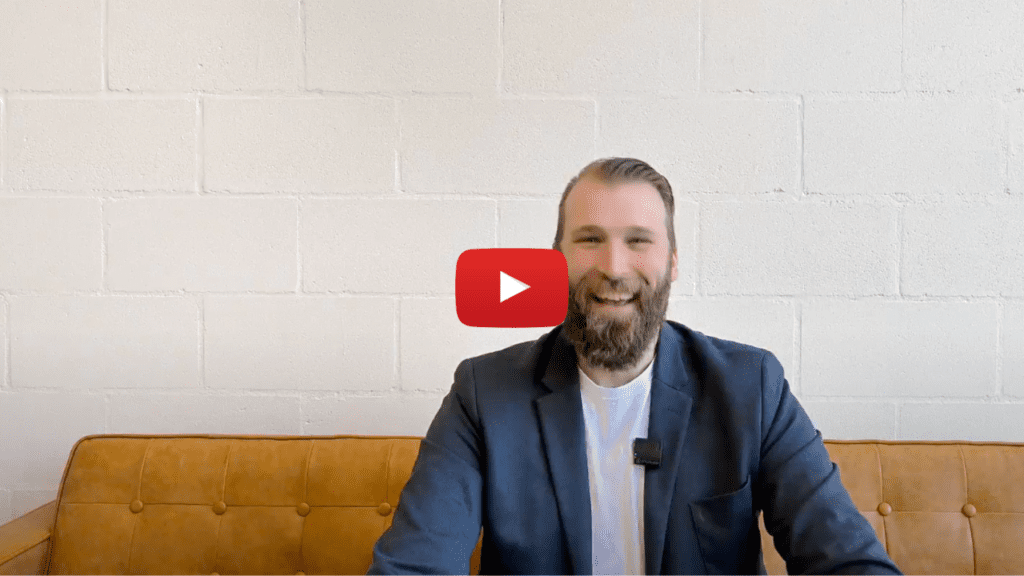Beyond Web Development: How Tulsa Website Marketing Brings More Business

You’ve probably heard the saying, “If a tree falls in a forest and no one is around to hear it, does it make a sound?” Well, the same principle applies to websites. Even if your website looks amazing, it won’t do much for your business if no one visits it. That’s where website marketing comes in. In this blog, we’ll explore how Tulsa website marketing takes your website to the next level and brings in more business.
Website Development vs. Website Marketing
Web development lays the foundation. What good is any building without one? It provides a location for all of your content. In this stage, a website is created. The design, programming and management falls into this area. Tulsa website marketing elevates your website by attracting people to it. It also involves the process of keeping visitors on the site longer. Stopping at web development is like building a movie theatre without signs. How will people know it exists? Why should they come there? What movies are playing? Tulsa website marketing answers all of these questions. It also delivers these answers to the right people. Let’s dive into the ins and outs.
Hey there! My name is D.A. Myers, and I am the Web Lead and Ad Strategist here at Myers Marketing Management. Welcome to “Beyond Web Development,” where we’re going to talk about the difference between website development and website marketing.
Think about website development as a period of time. There are actually two periods of time. First, you have your initial website development. During this phase, you lay down the foundational structure of your website. You want to ensure that the URL structure is right and set up for continued growth. Your website shouldn’t be static; it should evolve into a valuable resource for your visitors. Then, you have the continued web development phase. This is where you’re adding blog posts, editing content for SEO, making sure all videos, photos, and infographics are in order, and turning underperforming pages into high-performing ones.
Next, there’s website marketing, which consists of both a pre-portion and a post-portion. The pre-portion is all about building hype. You want to ensure that when your website goes live, people are aware of it. Just putting up a website isn’t enough; you need to actively promote it. Google, for instance, won’t know your website exists unless you tell them. Googlebots will eventually crawl the internet, but it’s much better to let Google know your site is there upfront.
Now, onto website marketing, which involves various components. First, there’s SEO, or search engine optimization. You want to make sure that when Google indexes your site, they like what they see. This covers everything from on-page SEO to back-end SEO and image SEO.
Then, there’s SEM, or search engine marketing. This includes Google Ads and pay-per-click campaigns. It’s crucial to ensure that your online presence is well-connected, including platforms like Yelp and Google My Business. Make sure that every click leads to more information, so users can dig deeper if they wish.
Between SEO and SEM, there’s email marketing, affiliate and referral programs, and data measurement through tools like Google Analytics. It’s essential to have proper tracking in place to understand user behavior.
Remember, if there’s one thing to take away from this video, it’s this: if people and search engines don’t know about your website, no one will visit it. A beautiful website with great content won’t achieve its purpose if it’s hidden in the digital shadows. There has to be a marketing strategy in place.
So, if you have any concerns about your website, we’d be more than happy to take a look. Reach out to us; our contact information is in the comments.
The Magic of Search Engine Optimization
Imagine you have a fantastic shop hidden in the middle of the desert. No matter how great your products are, no one will know about it unless they stumble upon it. The same goes for your website. Search Engine Optimization (SEO) is like putting up signs and billboards in the digital world, making sure people can find you.
Okay, here’s the deal with SEO: it’s like giving your website a secret power to show up on search engines like Google. When people search for something related to your website, good SEO helps your site appear near the top of the results. That means more people see your site, and that can lead to more money!
Why It’s Important: When your site pops up in search results, more people visit it. More visitors mean more chances to sell things or share information. Plus, SEO keeps working for a long time, even when you’re sleeping!
Tool: Semrush is like a secret map that helps you track how high your website appears in search results. It’s like playing hide-and-seek with your website on the internet.
Long-Term Impact: Once your website climbs up those search engine rankings, it can stay there for a while, bringing in visitors and business without you having to spend a ton of money.
Cost-Effective: Think of it as a smart investment. Tools like Semrush can help you keep track of how your website is doing in the search engine race.
Capturing Attention with Ads
Search engine marketing (SEM) is like having a flashy advertisement that grabs people’s attention even if they weren’t looking for it. It’s a bit different from SEO because it can capture the interest of people who might not have been searching for your stuff.
Advantages: SEM can help you reach a wider audience and bring in more visitors quickly, especially when you want to promote something special.
SEM can bring in new customers who might not even be looking for your stuff. It’s like inviting someone to a party even if they weren’t planning to come.
Email Marketing - The Power of Sending Messages
Ever get cool emails from your favorite stores? That’s email marketing! Businesses send emails to people who like their stuff, and it keeps customers coming back for more.
Email marketing is like sending awesome invitations to a big party. You collect email addresses from people who like your website and then send them cool updates, discounts, or news.
CRM systems are like superhero sidekicks. They help businesses remember who their customers are and what they like. This way, businesses can send them the perfect offers!
CRM Systems: These are like special tools that help you keep track of your email list and make sure you’re sending the right messages to the right people. They can boost sales and leads.
Build a Community with Rewards Programs
Loyalty Programs: Loyalty programs are like collecting points in a video game. The more you buy or share, the more points you get. It’s a win-win!
Imagine if you told your friends about a cool game, and they told their friends, and so on. That’s a bit like setting up a referral program on your website. When people refer others to your site, you reward them, and it’s a win-win!
Connecting Online and Offline
If your website is for a business with a physical location, like a store or restaurant, you want people to find you easily. Tools like Yelp, Google My Business, and Maps make sure people know where to find you when they’re in the area.
You know those ratings and reviews on Yelp or Google Maps? They help connect your website with real-life places. It’s like leaving a treasure map for others to find your business.
Understanding Your Visitors
Imagine if you had a magical crystal ball that could tell you who’s coming to your website and what they’re doing there. Google Analytics is kind of like that. It helps you see what’s working and what’s not so you can make your website even better.
It helps you see how many people visit your site, where they come from, and what they do there.
Why It Helps: Understanding your visitors helps you make your website better. It’s like knowing what interests your friends have so you can plan the best outing!
In Conclusion
So, you see, it’s not just about having a fancy website; it’s about getting noticed. SEO, SEM, email marketing, referral programs, and connecting online and offline all work together to make your website a success. It’s like teamwork, where every player has an important role to play.
So, there you have it! All these website marketing tools work together to make sure your website doesn’t just sit there unnoticed. They help your website reach more people, make more money, and become a star on the internet. It’s like a team effort to make your website shine, and that’s how businesses succeed online!



